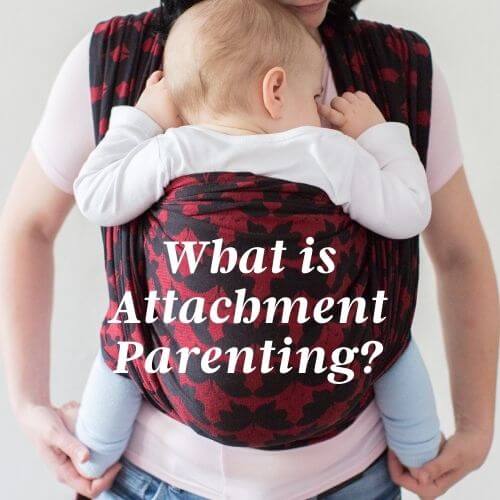Believe it or not, some people classify parenting with any amount of sarcasm as “harsh parenting”. It might sound like an exaggeration unless you have had the experience of living with a sarcastic parent yourself. Even then, it might have been a perfectly pleasant upbringing for you. You may enjoy sarcasm and currently use it on a daily basis.
Great if you are one of those who enjoy sarcasm and it has had no adverse effect on your growing up. However, the relationship between sarcasm and child development is not always a positive one.
READ: The Attachment Parenting Style
Sarcasm and child development
From age 6 up to age 12, children gain an understanding of sarcasm and will associate it with ridicule or being mean. Around age 9, kids might start to find the humour in sarcasm. While they might be able to identify sarcasm coming from their parents, children are unable to understand why their parents are using sarcasm.
If they cannot fully understand why sarcasm is being used, a parent cannot be sure how their child is interpreting the sarcasm either. If the children feel ridiculed or like their parents are being mean to them, this is likely to have an adverse effect on their development. The home environment is where children are supposed to feel the safest and in their parents’ company is where children also ideally feel the safest.

Sarcastic parents may need to be careful to observe how their children receive sarcasm if they want to be sure that their children feel like they are in a safe space with them.
What does sarcasm say about a person?
Generally, people do not find it easy to say what they truly mean. Using sarcasm allows a person to cover up what they really mean by saying the exact opposite. Some people hope that the person they are speaking to will interpret the truth behind their sarcasm while others aim to hide their true opinion from the person they are speaking to. Others still use sarcasm purely as humour.
Having said that though, I do believe that people would like to be both heard and understood. Therefore it is interesting that anyone would choose to frequently communicate using sarcasm.
It is not just children that react differently to sarcasm. Studies have found that older people find it more difficult than younger people to identify when sarcasm is being used. This may be because there are different ways that sarcasm can be conveyed. For example, in your tone or through your facial expressions and hand gestures or body language. It can also be conveyed more directly through speech. It is easier for older adults to pick on more direct forms of sarcasm such as that which is conveyed through speech.

Benefits of having a sarcastic parent
- Fun way to joke around with loved ones. When it is the understood way to joke around at home and everyone knows what is going on, sarcasm can be an enjoyable way to banter with your loved ones.
- You learn to have intelligent banter with people. With people you have just met or are getting acquainted with, sarcasm can be an interesting way to get to know people better. Of course, this only works if the person you are communicating with is clued in and is entertained by the use of sarcasm as well.
- Enhances your creativity. Sarcasm requires you to come up with different ways of communicating ideas and opinions in ironic ways. The more you do it, the faster and more creative you get with it.
READ: The effect of Childhood Trauma on Adults
Downsides of having a sarcastic parent
- Frequently feeling mocked. For kids who do not (fully) understand sarcasm or just simply do not enjoy using it, any communication with their sarcastic parent will leave them feeling like their parent is purposely mocking them.
- Perpetual uncertainty about whether your sarcastic parent is serious or not. There are many people who are unable to decipher sarcasm (quickly enough or at all) for different reasons. For such people, having a sarcastic parent is difficult because it means that they will always be uncertain of whether their sarcastic parent is being serious in conversation or not.
- Danger of being misunderstood outside of your home. Children of sarcastic parents may get used to communicating using sarcasm growing up to the detriment of their social life outside of the home. If they live in a society or culture where sarcasm is not usual, for example, it could cause problems for them in their interactions with people outside of the home.
READ: Is Your mother narcissistic?
How do you deal with sarcastic parents?
As you get older and if you decide that communicating with sarcasm is not for you, you are not required to use it yourself in your communication with others or even with your own sarcastic parents.
Understanding when they are being sarcastic is enough. You do not have to be sarcastic back if you do not want to. Communicate this with them in a non-aggressive manner if you like. If you do not communicate it with them, simply prepare yourself to not be offended by them when they continue. You cannot expect them to change their own usual style of communication overnight and for you alone.










1 Comment
Great content, thank you for sharing!